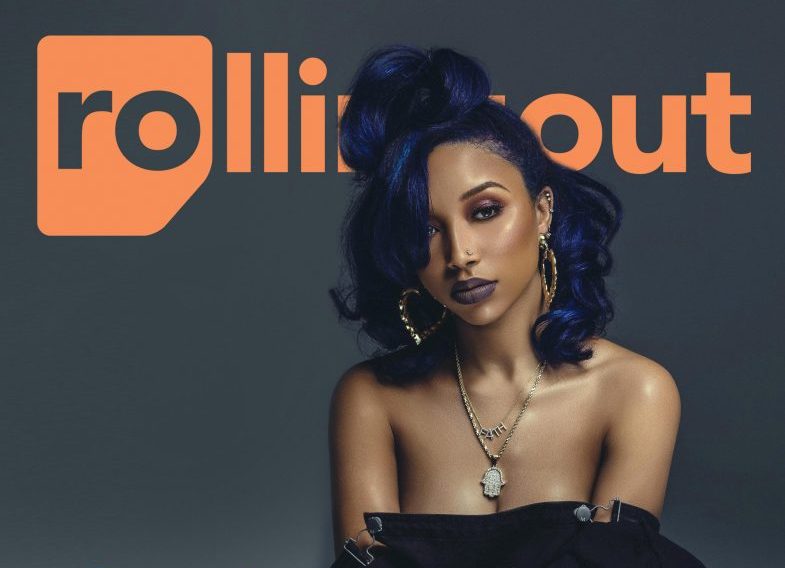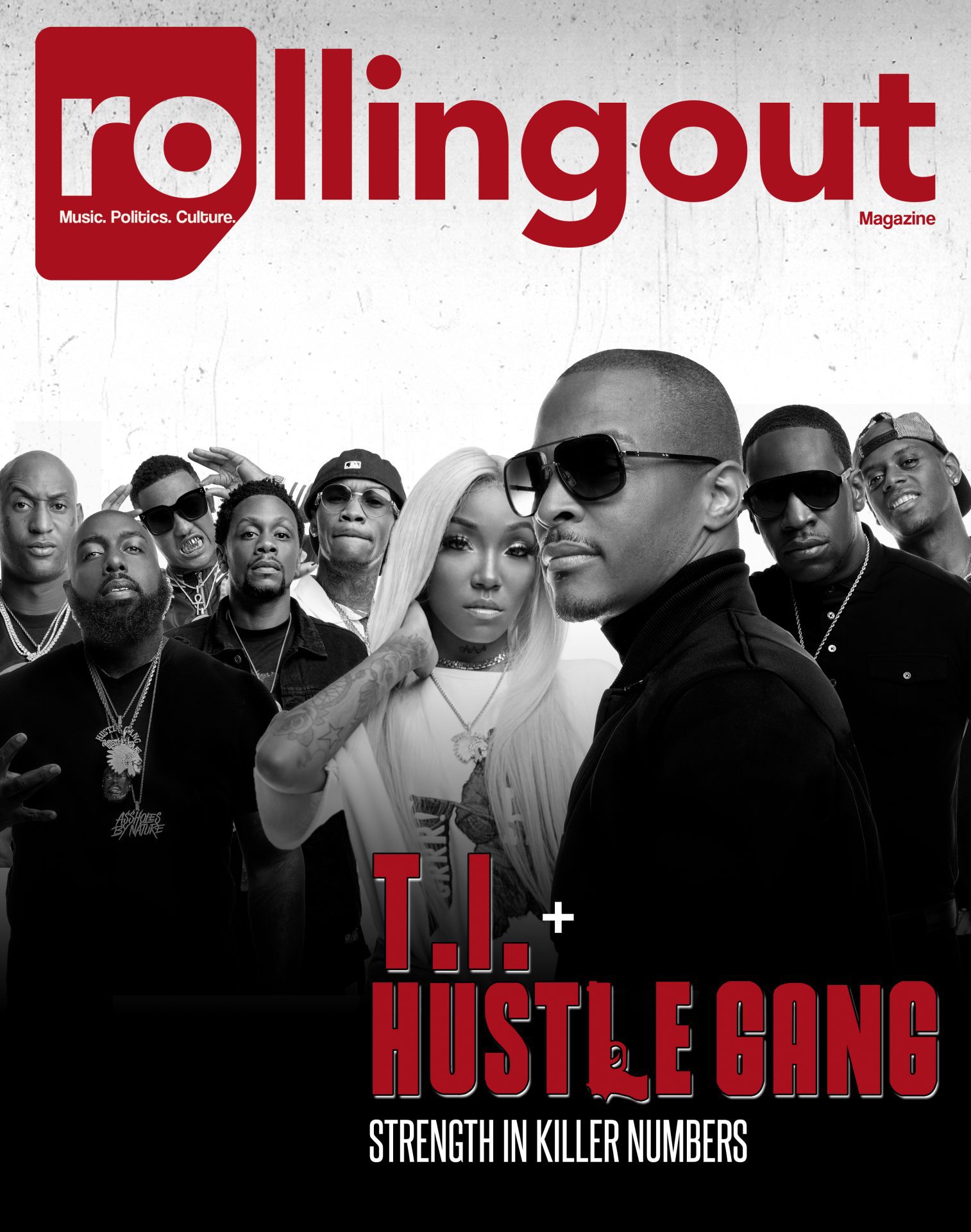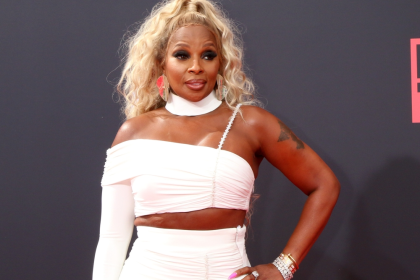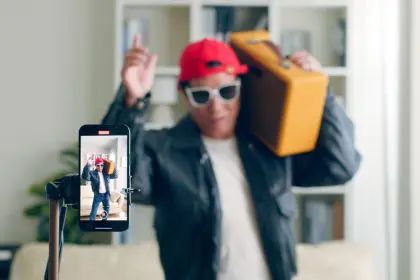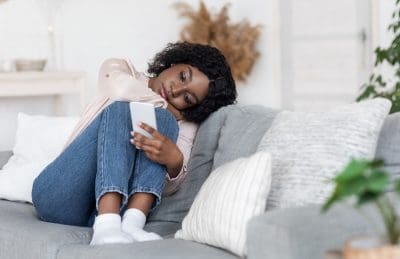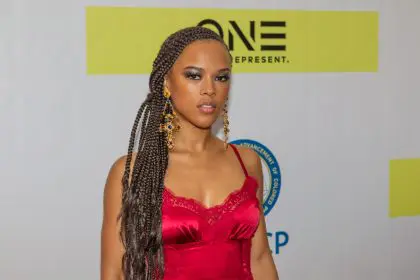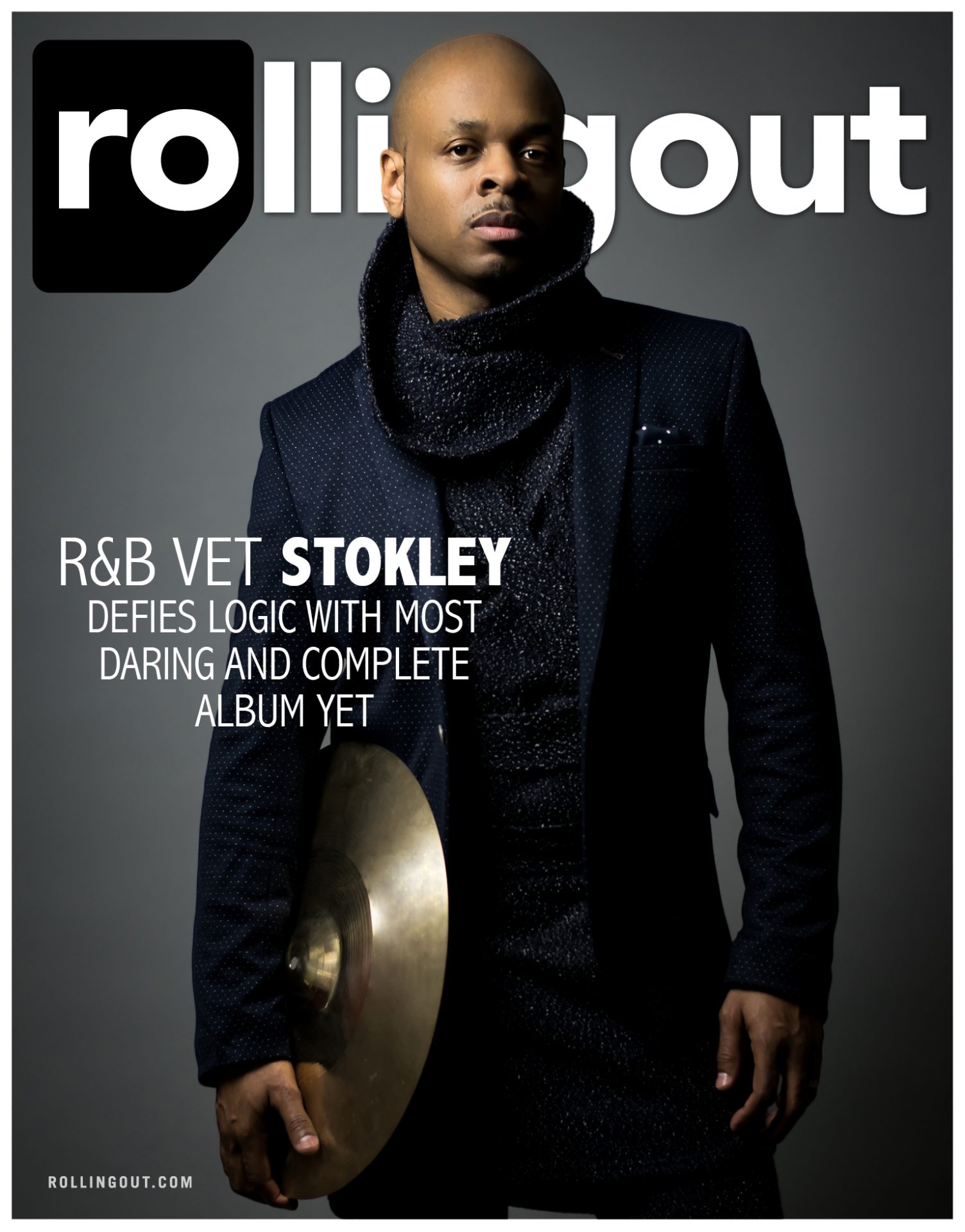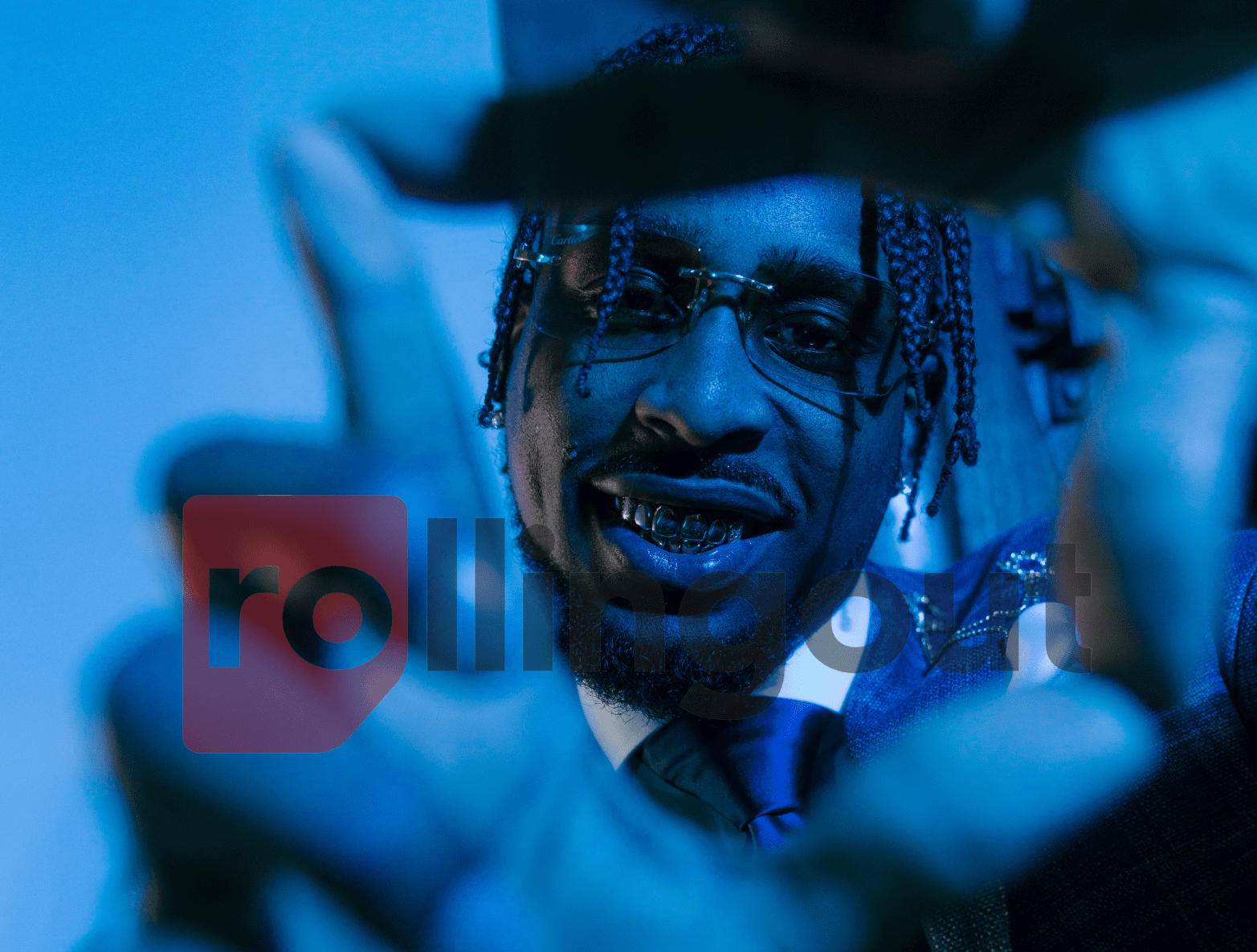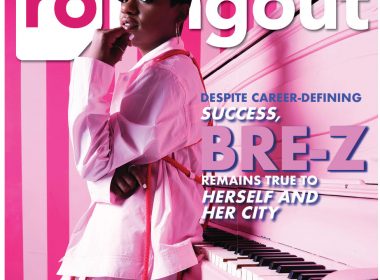“What are y’all fake caring about today?”
Most mornings, Lil Duval greets his 850K Twitter followers with this question, which is part open-ended, part rhetorical. It’s his way of starting his daily commentary on social media, which often unfolds like a virtual stand-up comedy routine.
One moment he’s taking shots at celebrities; “Future looks like he was in the chorus in high school.” In another tweet, he’s dissing Instagram models; “If you’re posting thirst traps to catch a certain type of dude, but those dudes aren’t biting, shouldn’t you stop?” And his random thoughts on relationships also garner a multitude of retweets; “Women are so confused with how men think. And the funny part is we’re pretty simple.”
Within 140 characters, Lil Duval can spark hilarious debate and come up with simple catch phrases that eventually become viral. He should be credited with recent popular words and phrases such as “Basic b—-” (a person with low standards and a lack of ideas) and “Kill yo self” (a phrase directed at a person who says something inane).
In the age of social media, there aren’t many comedians who have capitalized on platforms such as Twitter and Instagram better than Lil Duval. His social media quips have gained him more supporters on his ever-growing stand-up tour and may have indirectly led to gigs on MTV2’s “Guy Code,” “Wild ‘N Out,” and his own show, “Ain’t that America.” He also appeared in movies such as Scary Movie 5 and Nick Cannon’s School Dance.
It’s clear that Lil Duval isn’t content with just gaining social media success. He’s building a respectable brand in comedy. Even if it’s one tweet, Instagram photo, or Snapchat at a time, Lil Duval has welcomed the world to his entertaining timeline.
You’ve come a long way since your start in Duval County, Florida, and later moving to Atlanta. What do you remember most about your first day doing stand-up?
My first day doing stand-up was probably my first time in a comedy club. Back then, I didn’t know the difference between stand-up and being funny. I actually did good the first time. I’m going to be honest with you. Had I did bad that first time, I probably wouldn’t even be doing comedy. I’m not that guy that’s going to keep getting booed. But I started getting the big head. I actually got booed maybe a month afterward. I told a joke and it didn’t go over well and my boys let me have it. My friends and family booed the hell out of me.
A lot of people think comedians just get up there and talk, but it takes preparation. How do you prepare to be on stage?
You’re right, some people think we just get on stage and say whatever comes to our mind. But our stand-up act is like a monologue that we’ve been perfecting or trying to perfect. And once you see it, we’re usually in our building process. In that building process, you might see us mess up. That’s the difference between comedians and musicians. With a musician’s performance, you rarely see them during the building process. You only see the end results. So the hardest thing to do in comedy is to build a set because everybody has cellphones and [they] want to get footage before the process is complete. You have to make sure jokes have the right timing and placement. It takes a lot of work.
How were you able to build your comedy brand through social media?
When I first started getting on social media, it was MySpace. So when Twitter came about, I was able to do some of the same things on Twitter that I did on MySpace. So it was just really easy. It was perfect for me because I could post a joke and it would hit fast. And it’s crazy now that I’m seeing the offspring of what I’ve done. I used to be the only comedian that represented for the young hip-hop, urban crowd. But now since social media is exploding, there’s a bunch of them. Now I see all of them, so I guess that’s a good thing because now I’m looking at it like, “Dang, I’m kind of the O.G. of this s—.”
The cool thing about social media is that you were able to create catchphrases that went viral. How did you feel about people using terms that you initially started?
“Basic b—-,” “Kill yo self,” and “What that mouth do,” are a few that indirectly came from me. The good thing about the Internet is you can go back. If you look at all these skits and memes, if you go down my Twitter, I can guarantee you that 90 percent of them came from stuff I tweeted about. They won’t ever admit it, but that’s the good thing about the Internet you can prove all of that stuff. The craziest part to me is some new comedians will say another comedian inspired them. But when you look closely, they act more like me than the person who they said inspired them. But that’s just how the game goes.
Name three clichés you often see on social media.
Dudes who stunt [show off money or material goods], selfies, and photo shoots. That’s pretty much all of Black Instagram. And people selling tea and other products. It’s like a flea market now. You see all that type of stuff. I like to say that I’m an innovator. I’ve always been like that and I think my generation has always been like that. If you see someone doing this, you do something else. I get bored real quick, even with those catchphrases. When I hear everybody say them, I don’t say it anymore.
When you talk about comedy legends like Richard Pryor, his comedy still resonates today. How will you ensure your jokes are still funny 30 years from now?
Everything that’s happening now has happened before in some way or the other. I can take an old joke and add what’s going on now to make it new. Like the stuff with Bill Cosby, that’s happened before. Nothing is new under the sun. Police brutality isn’t new. They been beating Black folks a–es for years. I’m not saying you should take it, but it’s not new.
When it comes to Black Twitter, the response can be swift. What are your thoughts on the Black Lives Matter movement on social media?
In all aspects of life, it’s always going to be good, it’s always going to be bad. No matter what you do, there’s always going to be a bad side to it. The problem with us is we’re always on the bad side because we’re minorities in this country. This country ain’t for us. This country is for whoever came here. In our minds, we always get the bad end of the stick and it frustrates us because we feel like we should have the same rights as others. But it’s not our s— and the only thing you can control is yourself. Look how long it took us to get a Black president. Eventually, stuff gets bigger and better. Just make sure you keep working toward that.
[cigallery]


